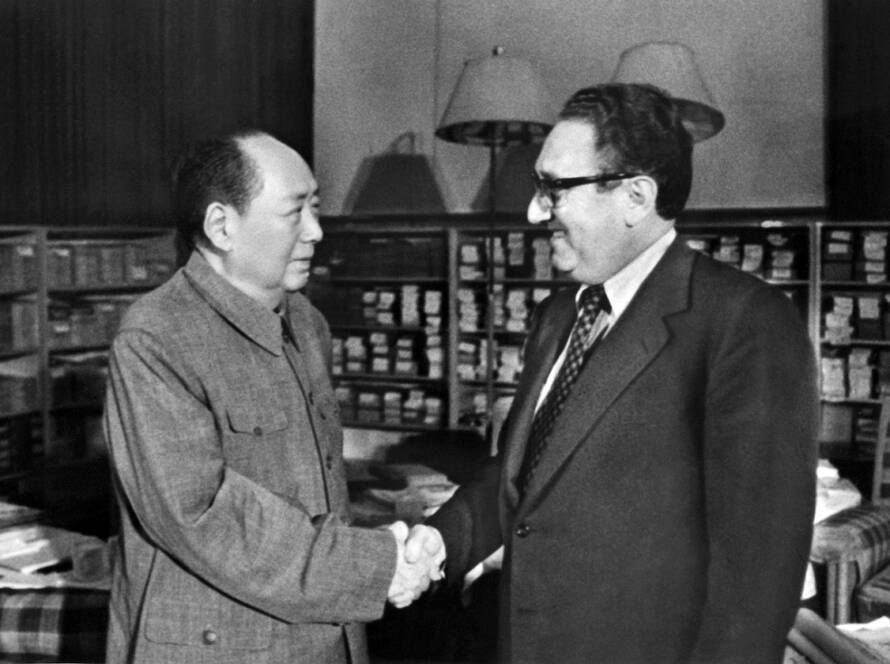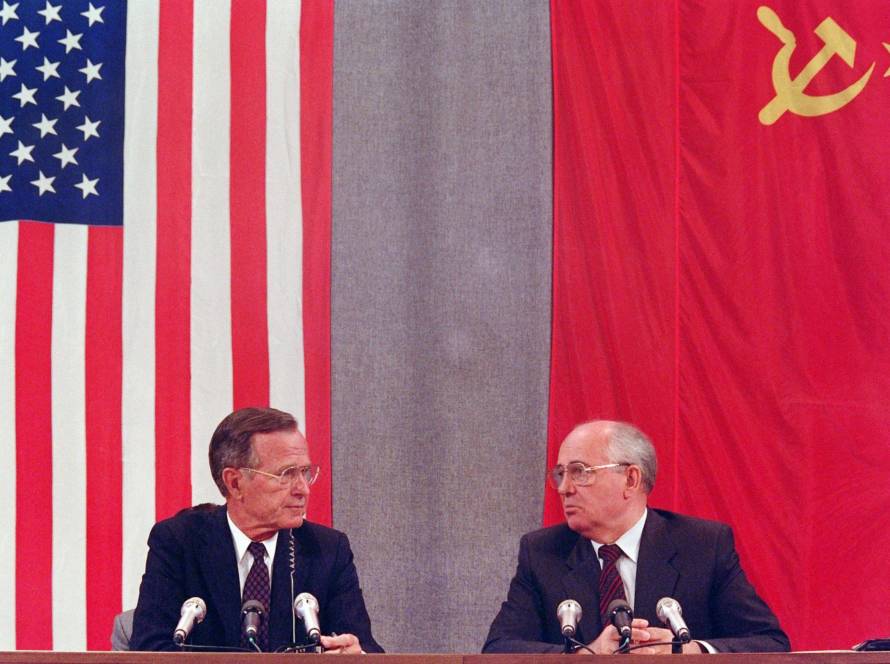By Dulmi Thimansa
Jorge Mario Bergoglio, the late Pope Francis, was born on December 16, 1936, in Buenos Aires, Argentina. He was the son of Italian immigrants who had settled in Argentina in search of a better life. After completing his secondary education, he pursued studies to become a chemical technician and worked for a short period in the food-processing industry.
He soon realized that he was drawn toward a more spiritual path. Around the age of 21, he suffered a severe illness which led to the surgical removal of a portion of his right lung. This marked a turning point in his life, and his work.
In 1958, Bergoglio entered the Jesuit novitiate, committing himself to a religious life. He undertook academic studies in the Humanities in Santiago, Chile, and earned a licentiate, equivalent to a master’s degree, in philosophy from a Jesuit institution in Buenos Aires. After graduating, he began teaching literature and psychology at a high school while simultaneously continuing his theological studies.
His dedication to both education and faith culminated in his ordination as a priest in 1969. He then took his final vows as a member of the Jesuit order in 1973, the year he was appointed as the superior of the Jesuit province of Argentina, a position he held until 1979.
Decades later, in February 2013, Pope Benedict XVI made the unprecedented decision to resign from the papacy, citing advancing age and health-related issues as the reasons for stepping down. This unexpected move led to the calling of a papal conclave in early March, with the aim of selecting a new pope in time for the upcoming Easter celebrations.
During the conclave, Jorge Mario Bergoglio emerged as the chosen successor to Benedict XVI, being elected on the fifth ballot. Upon his election, he selected the papal name “Francis” in homage to two key figures: St Francis of Assisi and St Francis Xavier. Although some referred to him as Francis I, he opted not to use the Roman numeral, in line with tradition, which reserves the use of such numerals until a second pope adopts the same name.
Pope Francis is often referred to as the “People’s Pope” due to his compassionate approach, humility, and active engagement with global geopolitical issues. He consistently spoke on matters such as climate change, migration, economic inequality, and war.
His 2015 encyclical Laudato Si’ addressed environmental degradation as a moral crisis. He called for a “bold cultural revolution” to combat environmental degradation and warned that the Earth, “our common home,” is being severely harmed by human activity.
He directly criticized consumerism, overdevelopment, and the unchecked pursuit of profit. He emphasized that the effects of climate change disproportionately affected the world’s most vulnerable communities, who contribute least to the problem but suffer its worst consequences.
Pope Francis urged developed nations to take responsibility, reduce carbon emissions, and support sustainable development in poorer countries. His call for “integral ecology” served to underscore the connection between environmental, economic, and social issues. Francis’s leadership contributed to global climate discourse, particularly among religious and youth groups, by framing environmental stewardship as a moral duty.
To this end, he actively supported international climate agreements, such as the Paris Accord, and pressed political leaders to take urgent, courageous action to protect the planet for future generations.
Pope Francis also took a notably compassionate and inclusive approach toward LGBTQ+ individuals, signaling a shift in tone within the Catholic Church while maintaining traditional doctrine. His now-famous remark in 2013 ”Who am I to judge?” in response to a question about gay priests, reflected a more pastoral and accepting stance that resonated globally.
While the Church ultimately upheld marriage as a union between a man and a woman, Pope Francis supported the recognition of civil unions for same-sex couples, affirming their rights to legal protection and dignity. In 2020, he publicly stated that LGBTQ+ people “are children of God and have a right to a family”, calling for the creation of civil union laws.
Pope Francis consistently advocated for peace, dialogue, and humanitarian concern in response to the ongoing Israel-Palestine conflict. He has taken a balanced and compassionate stance, emphasizing the need to protect innocent lives on both sides while condemning all forms of violence and terrorism.
Following the outbreak of conflict in Gaza in October 2023, he made several appeals for a ceasefire and for corridors to be opened to allow humanitarian aid into affected areas. He expressed deep sorrow over the loss of civilian lives, including children, and called on world leaders to prioritize negotiation and reconciliation over aggression and revenge.
Pope Francis also repeatedly affirmed the importance of recognizing both the right of Israel to live in peace and security, and the right of Palestinians to a sovereign state. In his many addresses, he has called Jerusalem a city that must be shared and respected by all three Abrahamic religions, Judaism, Christianity, and Islam, and not used as a source of division. His support for a two-state solution aligns with broader international peace efforts.
Francis adopted a nuanced on the war in Ukraine, striving to balance moral condemnation with diplomatic neutrality. He consistently decried the violence, referring to the invasion as an “unacceptable armed aggression” and labeling the war as “absurd and cruel.” However, his reluctance to name Russia or Vladimir Putin as aggressors drew criticism.
In a 2024 interview, he suggested Ukraine should have the “courage of the white flag” to negotiate peace, a comment interpreted by many as urging surrender. Ukrainian officials, including Foreign Minister Dmytro Kuleba, rejected this notion, asserting their commitment to sovereignty and resistance.
Francis also remarked that the war was “perhaps somehow provoked”, referencing NATO’s expansion and the interests of the arms industry, which sparked further debate about perceived neutrality.
Despite these controversies, he praised the resilience of the Ukrainian people and offered the Vatican’s services for mediation. His approach, rooted in the Vatican’s tradition of neutrality, aimed to keep diplomatic channels open, though it sometimes led to strained relations with Ukraine and its allies.
There is no denying that Pope Francis embodied the spirit of a “People’s Pope”, a leader deeply connected to the struggles and hopes of humanity. By addressing issues like environmental degradation, inequality, armed conflict, and social inclusion, he made the Church a relevant institution both for Catholics and the world entire. Through his moral suasion and unremitting dedication to justice, he continues to inspire even in death millions across faiths, offering a vision of a more compassionate, unified, and sustainable world.
Dulmi Thimansa is a writer passionate about diplomacy and international relations, with experience in public speaking and community impact initiatives. She is a student of International Relations and Law. She can be reached at dulmisamaradivakara@gmail.com.
Factum is an Asia-Pacific focused think tank on International Relations, Tech Cooperation, and strategic Communications accessible via www.factum.lk.
The views expressed here are the author’s own and do not necessarily reflect the organization’s.


